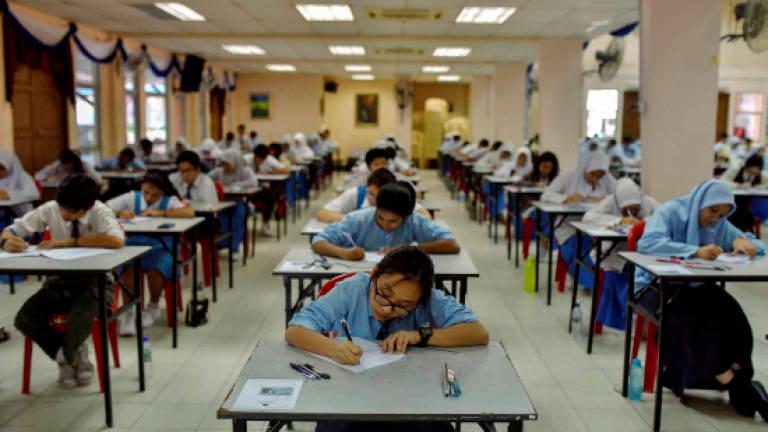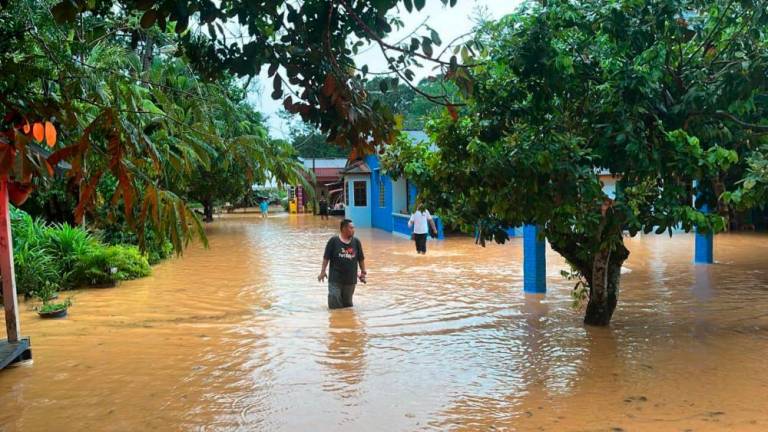PETALING JAYA: The shortened academic year needs to be looked into as students are ill-prepared to advance to the next level.
Teachers have not been able to cover the whole year’s syllabus due to the reduced number of schooling days, a principal of a secondary school in Selangor said.
“The syllabus also needs to be adjusted according to the actual school hours the students have had (this academic year),” said the principal, who requested anonymity.
“We are bulldozing the content in restricted time, and nothing good will come out of this.”
She said schools have been handicapped by the repeated shutting down due to the Covid-19 pandemic and suggested the Education Ministry come up with a solution to this.
“Currently, my school is doing both online and offline classrooms as not all our students have unlimited data and access to gadgets all the time,” she said.
“At the same time, we have a class portal where all the materials are available so students can access it at their convenience.
“For areas with no internet coverage, schools are supposed to hand out hard copies of school materials. Even that is not sufficient enough.”
The principal said not all schools are equipped to provide these resources.
On the advancement of students to the next level, she said public examinations such as the Sijil Pelajaran Malaysia alone were not enough to determine the students preparedness due to challenges posed by the pandemic.
“We need to find better tools to gauge the student’s achievements. The syllabus also needs to be adjusted according to the actual school hours,” she added.
Meanwhile, former chairman of a Parent-Teacher Association, Halim Mad Lazim, told theSun yesterday that although schools have introduced online classes, many students were unable to attend such classes effectively.
“Most parents cannot afford to provide the necessary tools and gadgets for their children and there is also the issue of limited internet connectivity in certain areas as well as cost issues,” he said. “The government must also address the financial issues faced by struggling families as children and schools in rural areas will suffer the most.
“The Education Ministry should acknowledge the issue of readiness for online learning, with focus on rural areas. The asynchronous approach must be utilised more extensively since it takes a more non-traditional approach to learning,” Halim said.
Asynchronous courses are pre-recorded lectures and digital curriculum materials that students can access instead of attending class at a set time. Communication is done through email, social networking and collaborative documents.













